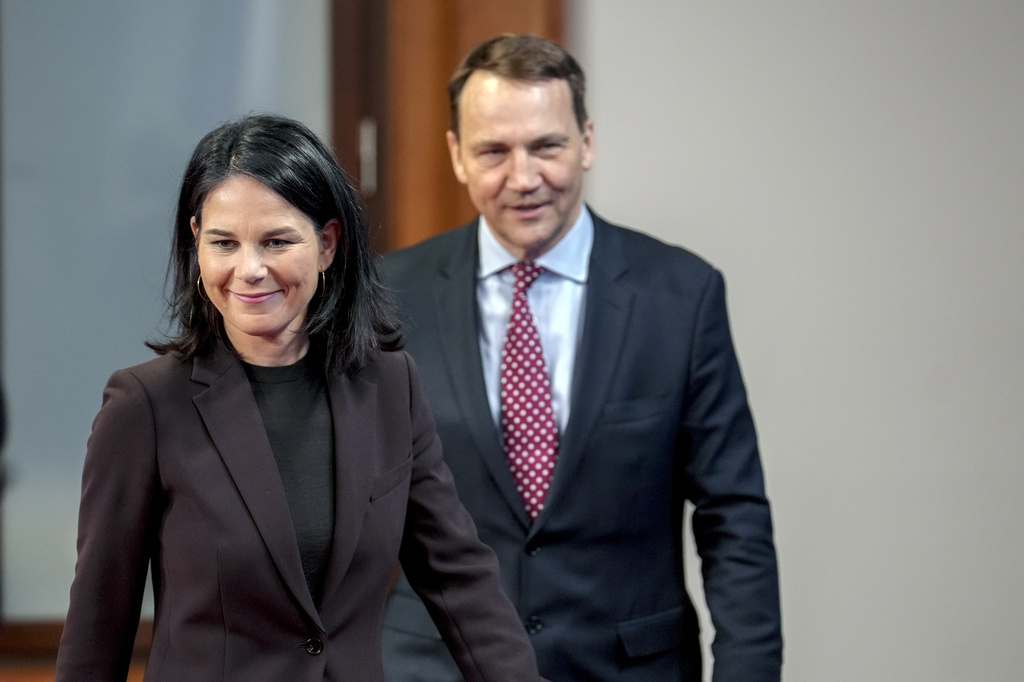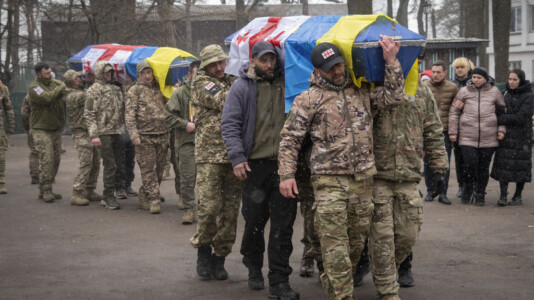Polish Minister of Foreign Affairs Radosław Sikorski is urging German Chancellor Olaf Scholz to reconsider his stance on supplying long-range Taurus missiles to Ukraine, arguing it could significantly bolster the country’s defense against Russia.
Sikorski said he believes that such weaponry would substantially strengthen the Ukrainian state, highlighting a potential “significant impact on Ukraine’s ability to defend itself” during a conversation with DPA. He notes that Ukraine has already used cruise missiles from other countries to force the Russians to move their logistic bases, such as ammunition depots, far behind the front line. Sikorski suggests that the addition of German missiles would compel a further Russian retreat.
Amid these discussions, Sikorski accuses the German authorities of hesitancy in delivering new weapons systems to the front, urging for more rapid dialogue despite understanding Germany’s “historical reasons for concern” regarding arms shipments. He stresses the urgency for Ukraine, pointing out that decisions delayed by six months are not as effective.
Additionally, Sikorski warns Berlin not to underestimate the threat posed by Russia, referencing the Iskander missiles stationed in the Kaliningrad region capable of carrying nuclear warheads. He advised a reassessment of security situations in light of Putin’s aggression.
“If Putin is as aggressive as some of us believe, then please reassess your security situation,” Sikorski warned the Germans.
At the Europe 2024 conference in Berlin, German Chancellor Olaf Scholz criticized the domestic debate over whether to supply Ukraine with Taurus missiles, labeling it as embarrassing and indicative of an immature debate within Germany.
Despite rejecting the missile transfer in February due to fears of escalating Germany’s involvement in the war, Scholz highlighted Germany’s significant role as the second-largest arms supplier to Ukraine after the U.S. He called for a more reasoned debate that does not equate caution with hesitancy, amidst criticism from both his coalition partners and opposition factions urging for weapon supplies to Kyiv.





